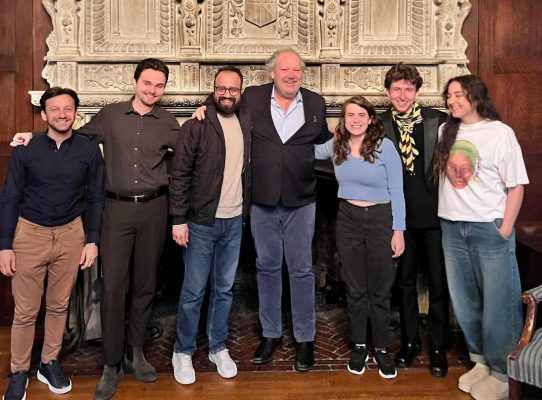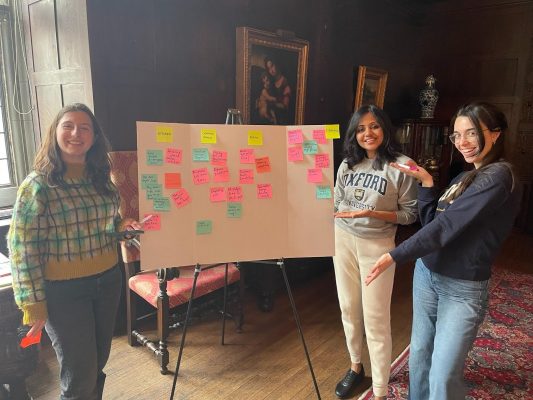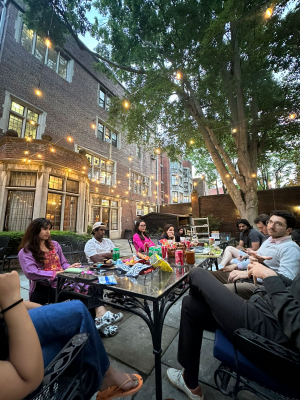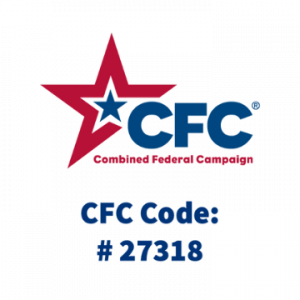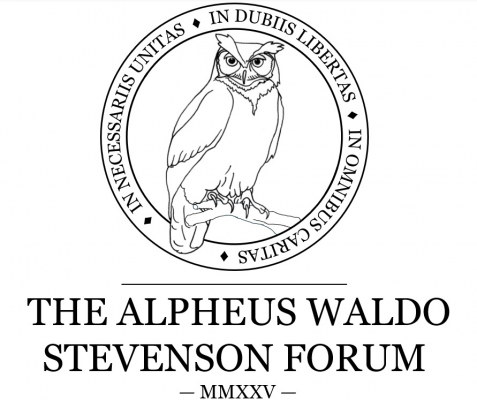
The Alpheus Waldo Stevenson Forum is the International Student House of Washington, DC’s Resident platform for freethinking discussion and debate, named after the founder of the I-House movement, Rev. Alpheus Waldo Stevenson Jr.
Distinguished Alumni from around the world have called I-House DC home, including diplomats, scholars, and global leaders who went on to shape international policy and public service. The Forum was founded in January 2025 on the belief that a community as intellectually vibrant as I-House DC should have a space to explore and exchange ideas and serve as the bedrock of conversations and ideas that will go on to shape the world in future. It channels the perspectives of its globally diverse residents into semi-structured conversations that encourage thoughtful dialogue. While its format draws inspiration from traditions like the Oxbridge Unions, the Forum distinguishes itself by allowing participants to choose the topics themselves; no subject is off limits, and spontaneity is welcomed.
To ensure a respectful and open environment, the Forum rests on two core principles. First, the separation of ideas from individuals — The Forum upholds a culture of mutual respect, where challenging ideas is encouraged, but always with the understanding that criticism is directed at arguments, not individuals. Second, all conversations are conducted under the Chatham House Rule: ideas may be shared beyond the room, but not the identities of those who voiced them.
Through its numerous sessions, the Forum has emerged as a space for bold, unrestrained ideas that challenge assumptions and expand the boundaries of intellectual thought. The first session of the Forum is an appropriate illustration of this. Staying true to its mission, the inaugural session of the I-House DC Forum explored one of the most pressing questions in any open society: free speech. Participants engaged in a thoughtful examination of whether freedom of expression should ever be constrained, and if so, how to balance it with the need to protect individuals from harm, however that harm may be defined. Drawing from the rich diversity of the resident community, the discussion spanned perspectives from communities where free speech is broadly protected to places where individual speech remains a sensitive issue. Residents explored fresh perspectives on the role of the private sector and broader societal structures in shaping the boundaries of free speech. The evening concluded with a reflective summary and an invitation for participants to share whether their views had shifted. Many acknowledged being exposed to ideas they had not considered before, a testament to the Forum’s commitment to dialogue that enlightens and evolves.

In this manner, the Forum has evolved into a dynamic platform for meaningful dialogue shaped by resident interests and global relevance. Discussions have ranged from the ethics of sustainability and individual responsibility — where participants debated the impact of personal consumption and global inequality — to a conversation on female leadership in Indigenous filmmaking, which highlighted representation and storytelling in underrepresented communities. A timely session on trade wars and tariffs dissected prevalent economic policies, with residents contributing insights from across continents. The Forum also welcomed its first guest speaker, civil rights and sustainability advocate Bennett Freeman, who reflected on building a career at the intersection of activism and professional success. Another session explored the provocative question of whether states should possess nuclear weapons, drawing on a rich diversity of political and cultural perspectives. Together, these events reflect the Forum’s commitment to fostering intellectually rigorous, globally informed, and deeply respectful dialogue.
With this mission in mind, the Forum welcomes diverse partnerships that enrich its culture of dialogue and exchange. Whether through book talks, moderated discussions, guest lectures, workshops, film screenings, or collaborative events with embassies, think tanks, universities and other diverse institutions and groups, the Forum serves as a vibrant host to pivotal conversations on global affairs and social change. To read more about previous Forums, visit the full list here.
If you are interested in partnering with us to organize a Resident Forum, please contact [email protected].




